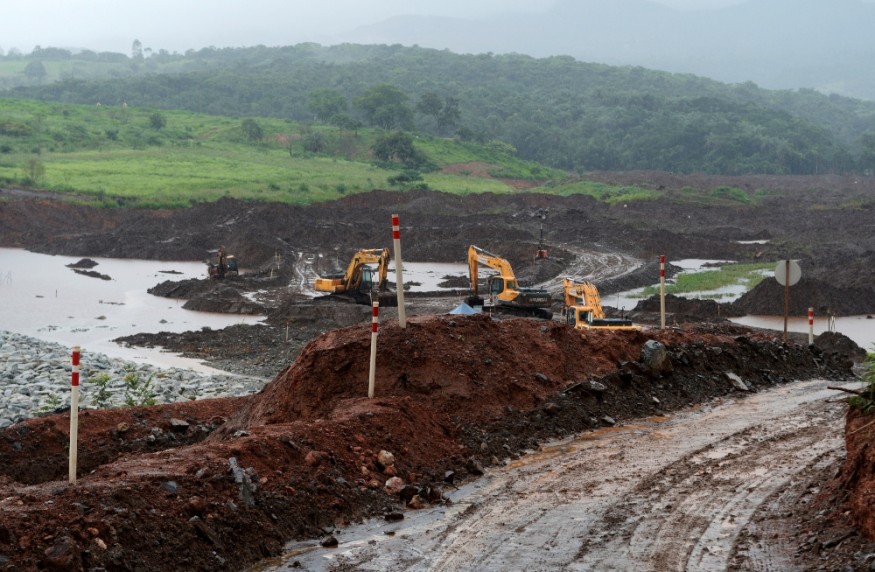Brazil to Allow Mining of Indigenous Lands by Foreign Diplomats

After experiencing the Amazon fires and hitting the highest deforestation rate in 10 years, it seems Brazil's government has never learned from the effects of environmental degradation as it announced on Friday it was pushing ahead its plans to allow European companies to conduct mining on indigenous lands, according to an article by Reuters.
In a public statement on the Mining and Energy Ministry website, Minister Bento Albuquerque on Thursday briefed European diplomats on proposals and informed them that "significant leadership" from native communities had asked for the opportunity to mine on their lands.
The ministry said the meeting gathered representatives of France, Sweden, Germany, Spain, Portugal, Italy, Poland, Belgium, Denmark, Slovenia, the Czech Republic, Hungary, the Netherlands and the European Union.
President Jair Bolsonaro, who led the initiative along with his efforts to push farming and ranching, criticized the tribes for slowing economic progress.
Reuters previously reported that Bolsonaro's farm-friendly initiatives, allowed Chinese companies to gobble up record volumes of Brazil's farm goods and expand agricultural lands deeper into the Amazon which further bolstered its deforestation.
Meanwhile, European leaders raised their concerns that his policies will increase deforestation and threaten indigenous cultures.
In a report by Latin Post, Amazon deforestation in 2019 is at its highest in more than a decade and has increased by as much as 30 percent in August.
"There is a lot of misinformation regarding this issue, so it is important that the international community listen to what the government has to say," said Alexandre Vidigal, secretary for geology and mining at the ministry, in the statement.
Said initiative has drawn criticism from indigenous advocates not only in Brazil but around the globe.
The Indigenous Missionary Council (CIMI), which advocates for native rights in Brazil, has argued against the president's plans to open up mining on indigenous lands, saying most tribal groups are actually against the plan. In the recent years, conflicts between illegal garimpeiros, as miners are called, and natives have led to bloodshed on both sides.
The Guardian reported that a fifth of Yanomami's indigenous population died from diseases after 40,000 garimpeiros flooded the reserve in the 1980s. Yanomami is Brazil's largest reserve.
According to Survival International after the miners were expelled, the area was declared a reserve in 1992 following a campaign by Survival, photographer Claudia Andujar and Davi Kopenawa, director of the Hutukara Yanomami Association.
Experts claim that the weakening of environmental enforcement began around 2012 and has continued under Bolsonaro.
Indigenous leaders argue that the garimpeiro invasion which has worsened under Bolsonaro's term, has brought malaria, prostitution and violence. Meanwhile, scientists claim the mercury the miners use to separate gold particles from mud and silt pollutes the rivers and disrupts the food chain. Moreover, their pits and barges disturb ecosystems, scare away wildlife, and fill rivers with mud that distorts the behavior and breeding of fishes.
In an interview with The Guardian, Garimpeiros said they voted for Bolsonaro after he promised to legalize their trade. "We know it damages the environment," says Antonio Almeida who runs a bar in Yanomami. "But there is a lot of nature, no way you can kill it all."
Subscribe to Latin Post!
Sign up for our free newsletter for the Latest coverage!
© 2026 Latin Post. All rights reserved. Do not reproduce without permission.















